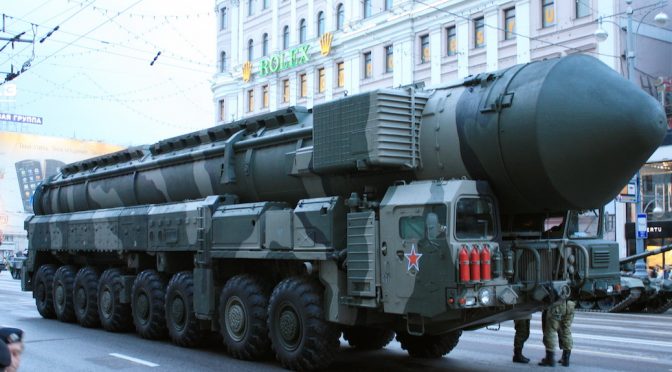Transnational private actors (TNPAs) conducting business in a sanctioned country may depart from that market when the costs of doing business with a sanctioned state outweigh any potential profit. When TNPAs cease operations in a sanctioned market, their withdrawal can ultimately denigrate the sanctioned country’s economy and bolster the effectiveness of sanctions imposed by the… Continue reading The Role of Transnational Private Actors in Ukraine International Flight 752 Crash in Iran Under Economic Sanctions Pressure
Category: International Law
Transnational Government Hacking
Cyber investigations often involve devices and data that cross or are located across international borders. This raises challenges for law enforcement which often finds itself limited by enforcement jurisdiction that stops at its territorial borders. What happens when law enforcement is seeking to access data or a device and the location is unknown? What about… Continue reading Transnational Government Hacking
Nuclear Arms Control: Coming Back from Oblivion, Again
Tensions between the United States and Russian Federation have spiraled in recent years and the outlook for the bilateral nuclear arms control regime has become ever more grim. Comparisons to the early 1980s Cold War are common. Now, as then, Washington and Moscow are geopolitical adversaries. A key arms control agreement has been abandoned. Nuclear… Continue reading Nuclear Arms Control: Coming Back from Oblivion, Again



